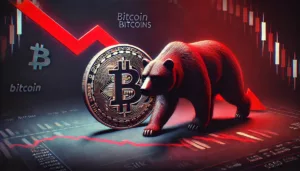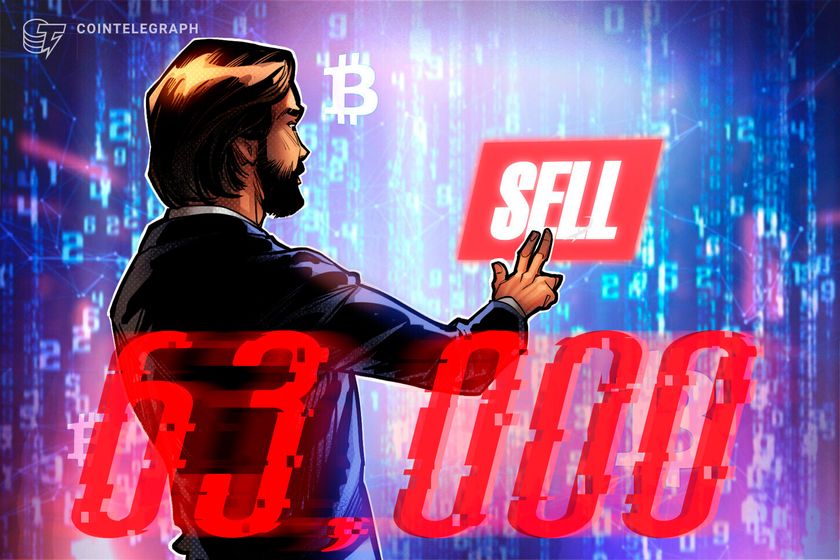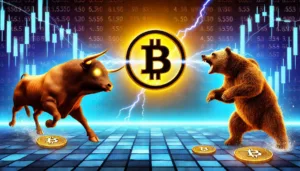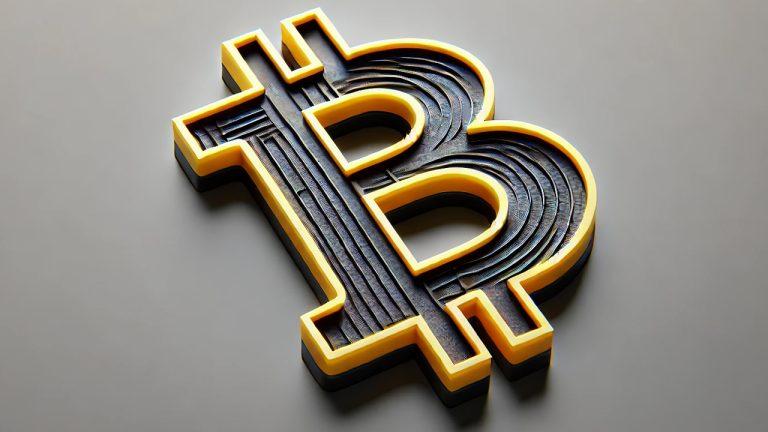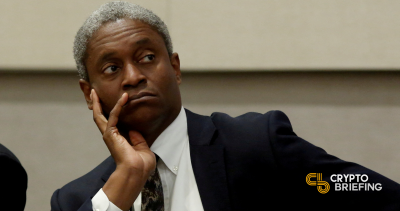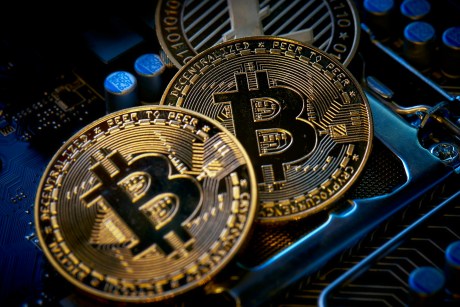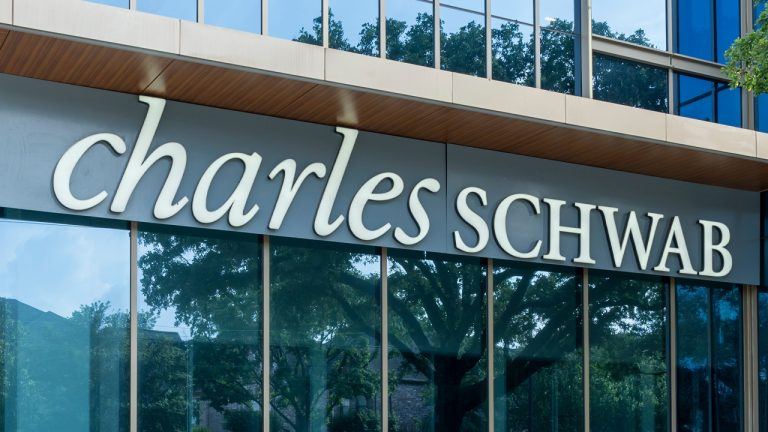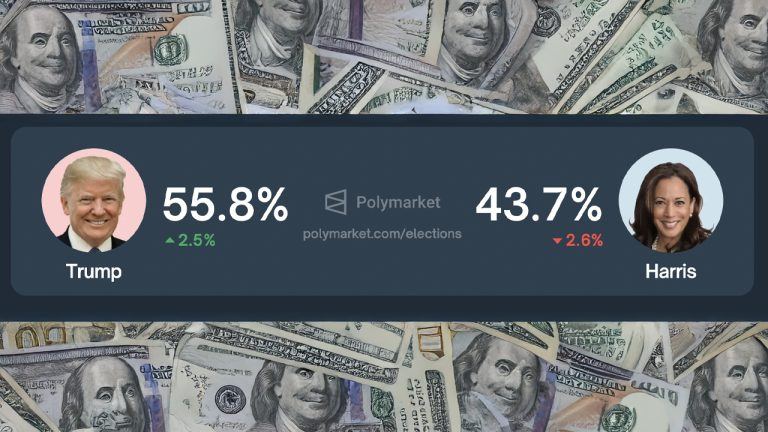Following Tuesday night’s premiere of HBO’s “Money Electric: The Bitcoin Mystery,” the cryptocurrency world reacted intensely. The documentary, a nearly two-hour global investigation, aimed to uncover one of the digital world’s secrets by proposing that Peter Todd, a pioneering Bitcoin developer, is the real Satoshi Nakamoto, the famed anonymous Bitcoin creator. However, these claims face considerable doubt, especially from Bitcoin Core members. Even Peter Todd himself clarified by saying, “I’m not Satoshi.”
Source: X
Ex-Bitcoin Core developer Gregory Maxwell disputed the assertions soon after the film’s release. He highlighted a pivotal flaw that weakens the documentary’s argument. According to Maxwell, the film misinterprets a 2010 interaction on the BitcoinTalk forum where Todd, then using the username “retep,” is shown completing a post begun by Satoshi.
The documentary suggests this signifies Todd’s true identity as Satoshi. Maxwell, however, argues that the evidence is weak, noting that the username “retep” had no clear link to Todd’s real identity at the time. Maxwell insists that Todd could have simply discontinued the account without it tracing back to him, casting doubt on the film’s conclusions.
Maxwell Challenges HBO’s Satoshi ClaimThe documentary highlights Todd’s use of the alias “John Dillon” to promote the replace-by-fee feature, suggesting a link to Satoshi. It notes linguistic similarities in spelling and a posting pattern that coincides with Todd’s academic schedule. Additionally, it mentions Todd’s comments about the possible loss of Satoshi’s bitcoins, valued at approximately $68 billion.
Gregory Maxwell criticizes these connections as circumstantial and highlights the risks of misidentifying Satoshi, pointing out past negative consequences for wrongly accused individuals. Todd criticized the documentary’s lack of rigorous verification and suggested that filmmaker Cullen Hoback prioritized profit over accuracy.
“If Cullen Hoback had actually wanted to find Satoshi, he would have presented his theories to Adam Back and I to see if there wasn’t some trivial flaw in them like this,” said Todd.
Adam Back, a key figure in Bitcoin’s development and another speculated Satoshi candidate, also refutes the claims. Despite the allegations, Back, creator of the foundational Hashcash system denies being Satoshi. Todd further critiques Hoback’s approach, accusing him of avoiding critical feedback to pursue documentary success.
Polymarket Bets on Satoshi Hit 44 MillionAhead of its release, the film sparked considerable betting on Polymarket, with transactions exceeding $44 million. Users speculated about Bitcoin’s creator, focusing on figures like Len Sassaman, Nick Szabo, Adam Back, and David Kleiman, each holding an 8% chance of being identified. Notably, Peter Todd was absent from the leading contenders, hinting at a misalignment between public expectations and the documentary’s focus.
Source: Polymarket
Following the broadcast, the Bitcoin community swiftly criticized the documentary. They contended the evidence was inadequate, advocating that the identity of Bitcoin’s founder, known as Satoshi, should remain undisclosed. This criticism stems from Bitcoin’s intricate history and the collective contributions to its creation, complicating the attribution to a single individual.
The debate over Satoshi’s anonymity underscores its significance to Bitcoin’s decentralization and stability. Unveiling Satoshi could disrupt Bitcoin’s governance and effect its authenticity as a decentralized currency.
As of today, the intrigue surrounding Satoshi persists. Despite efforts by documentaries like HBO’s “Money Electric: The Bitcoin Mystery” to solve this mystery, the Bitcoin community insists on more conclusive proof. Gregory Maxwell’s challenge to the documentary emphasizes the necessity for meticulous scrutiny in resolving one of the digital age’s most compelling mysteries.



